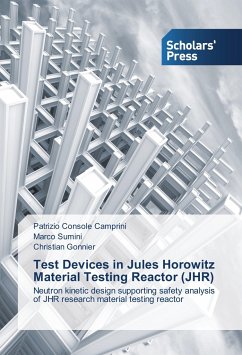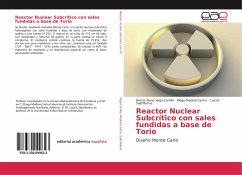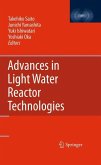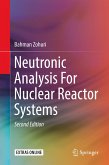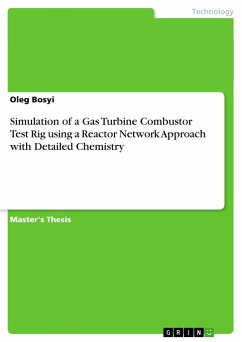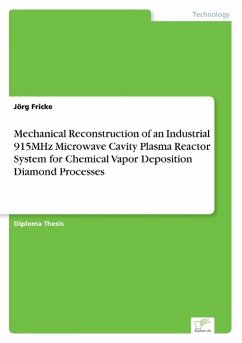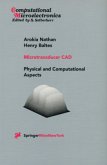Jules Horowitz Reactor (JHR) is designed to be the most important European material testing reactor - achieving 100 MW core thermal power. MADISON, ADELINE and MOLFI reflector experimental devices are conceived for material and fuel irradiation tests. Power transient analyses are requested by safety authority for different experiments to be performed in these devices. Issues concerning shutdown power transients need particular verifications for heat removal and temperature control in fissile samples. Proposed innovative calculation model accounts for different nuclear heating processes and related time evolution - spatial impact of radiation transport is evaluated both for neutrons and gamma. Delayed emission related to fission products is then considered through evolution calculations of different fuel compositions. Power transients are then computed for every sample according to envisaged shutdown procedures. Results obtained in this study are aimed at design feedback and reactor management optimization by JHR project team.
Bitte wählen Sie Ihr Anliegen aus.
Rechnungen
Retourenschein anfordern
Bestellstatus
Storno

